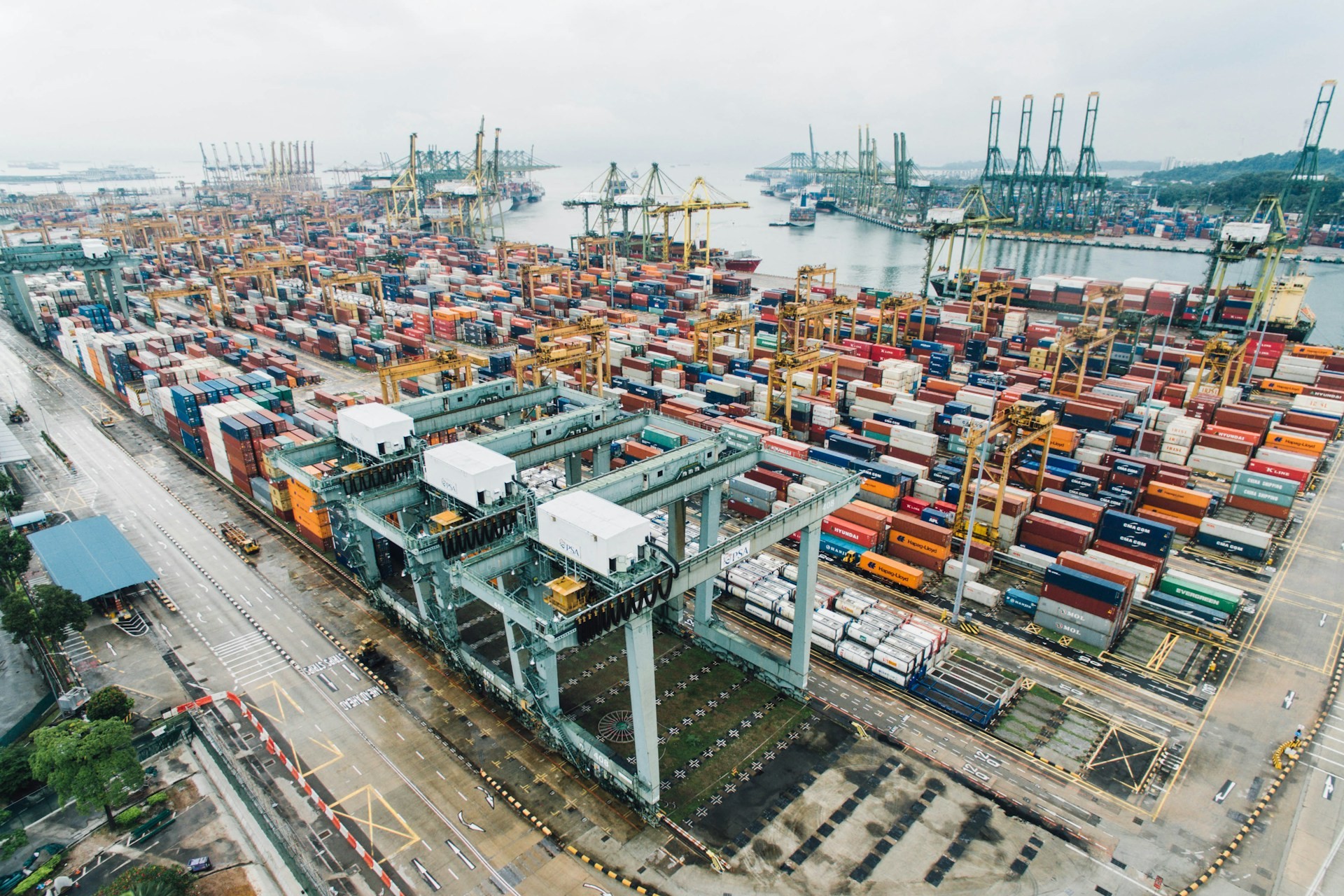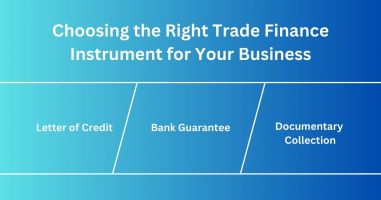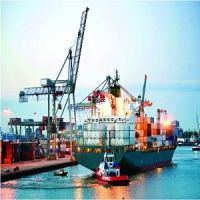Blockchain's Impact on Trade Finance: Shaping Global Commerce

Trade financing facilitates global commerce but involves antiquated systems reliant on manual paperwork, limited transparency between parties, and financing constrained to assets already held by major institutions. Blockchain delivers a Trade Finance Automation opportunity to transform trade finance through cryptographic trust mechanisms, transparent documentation via distributed ledgers, tokenization of assets into tradable crypto instruments, automation by smart contracts, and decentralized financing capacity. The result is needless friction through every cross-border transaction - limited transparency leads to delays in validating documentation or assets, financing remains restricted to major players, and settlement limps along a web of intermediaries. These inefficiencies impose billions in costs through delayed transactions, financing fees, and revenue losses. Blockchain Trade finance technology offers the opportunity to completely transform global trade finance through attributes like supply chain transparency unlocked by cryptographic trust mechanisms, transparent documentation via distributed ledgers accessible to all allowed parties, tokenization of assets like invoices and goods into tradable crypto instruments, automation of financing and settlement via smart contracts, and decentralized financing capacity unlocking trillions of historically unproductive capital. Attributes of Blockchain Trade Finance- Supply Chain Transparency Blockchain enables all parties in a supply chain to share an immutable, distributed ledger that tracks goods and documentation in real-time as transactions occur. This provides end-to-end visibility rather than separate systems and paper trails. By increasing supply chain transparency, trade financiers can more accurately assess risk profiles and ensure alignment across trade activities. This drives efficiency in trade finance through faster documentation validation, improved fraud prevention, and increased trust between new trading partners. Digital Identity Verification Reliably verifying identities is crucial in trade finance to prevent fraud, comply with know-your-customer regulations, and validate the credentials of involved entities. This has traditionally been difficult across borders. Blockchain authentication utilizes unique digital identifiers like public/private cryptographic keys that act as portable, validated identity credentials for people or organizations. This enables efficient verification disintermediated from traditional identity silos. Trade Settlement Efficiency Traditional trade settlement mechanisms involve time-intensive paperwork, separate messaging systems, and cumbersome bank-intermediated capital flows. This delays access to funds from commercial transactions. Blockchain automation through smart contacts and integrated wallets/payments settlement happens instantaneously once trade conditions encoded on the blockchain are fulfilled. This delivers efficiency and availability of capital. Tokenization of Assets Tokenization refers to representing real-world assets like invoices, goods, or contracts as digital tokens on a blockchain network. This enables new ownership, trading, and financing options by increasing liquidity. In trade finance, parties can tokenize invoices, receivables, or shipping assets to use as collateral for accessible capital from a broader pool of financiers on blockchain ecosystems instead of traditional restrictive sources. New value can be unleashed. Financial Inclusion in Trade Small and medium enterprises (SMEs) and developing regions often struggle to access affordable trade financing through traditional providers, hampering their participation in global commerce. Integrating layered blockchain protocols like decentralized finance and asset tokenization into trade ecosystems enables fair and broad access to capital by expanding the financier pool while better-assessing credit risk profiles. Trade Finance Security Trade finance transactions involve exchanging sensitive commercial data, legally binding contracts, and asset ownership transfers between multiple entities. Ensuring security is paramount. Blockchain platforms provide inherent trade finance security advantages through encryption, immutable recording of all interactions, public/private keys for access control, and decentralized infrastructure without centralized weak points vulnerable to hacking. Blockchain Integration While blockchain brings immense efficiency opportunities to trade finance, trillions in legacy systems and processes underpin existing trade ecosystems. Seamlessly integrating legacy frameworks with blockchain maximizes adoption. Hybrid blockchain integrations leverage application programming interfaces (APIs) and intermediary integration layers to provide interoperability. This allows parties to maintain existing systems they rely upon while tapping into the benefits of shared ledgers, smart contracts, and decentralized capabilities blockchain offers. Trade Finance Automation Trade financing remains reliant on manual paperwork, disjointed messaging systems, and siloed databases forcing repetitive validations and reconciliation efforts. This wastes billions of work hours in aggregate for global commerce. Blockchain delivers automation of these outdated manual processes via smart contracts that programmatically execute rules encoded for trade agreements and settlements. Documentation also moves natively to shared immutable ledgers while payments integrate directly. . Global Trade Revolution The inefficiencies imposed by current trade finance practices severely hamper international commerce and access to affordable capital - especially in emerging markets. This dampens global economic progress. As an automated trust mechanism for identity, contracts, documentation, and settlement, blockchain eradicates current frictions to enable seamless global trade. Distributed Ledger Technology Blockchains establish distributed ledger technology (DLT) - an innovative approach to record-keeping and transactions. Rather than siloed databases or ledgers vulnerable to manipulation or errors, DLT enables networked participants to jointly manage a shared, immutable ledger according to robust consensus mechanisms ensuring alignments of records. These shared tamper-proof ledgers record transactions like trade agreements or ownership transfers permanently across decentralized infrastructure, aligning information flows and establishing a common record of truth. Trade Finance Innovation The transaction lifecycle in trade financing - from buyer-supplier agreements through documentation, shipment, insurance, and finally payment settlement - currently moves through siloed analog systems requiring intense manual supervision, validation and reconciliation efforts across the separate entities involved. This imposes immense inertia and costs up to 15% of the actual trade transaction value by some estimates. However, blockchain delivers automation at each stage of the cycle via integrated smart contracts, cryptocurrency payments, and transparent documentation flow to all permissioned parties in real time. Trade financing remains constrained by antiquated frameworks reliant upon siloed systems, paper-based processes, and restrictive access to capital - unable to match the dynamism of the global economy. This imposes severe drag through unnecessary costs, delays, fraud risks, and barriers to universal participation. However, Trade finance with blockchain represents a seismic shift into the digital era for global trade by delivering attributes tailor-made to transform these outdated trade financing frameworks. As explored, blockchain radically improves efficiency, transparency, automation, settlements, and financial inclusion when applied to trade ecosystems - unlocking trillions in value. It eradicates the shortcomings of previous decades while integrating the digitization and networking capabilities that now exist worldwide. Any player in banking, logistics, commerce, or government can leverage blockchain to contribute to and access these next-generation trade finance services.Blockchain in Trade Finance


Conclusion





